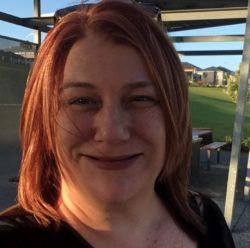Three differences between Life Coaching, Psychotherapy and Relationship Coaching.
You may have heard people around you talking about a 'life coach' and not totally understood what that means. And what is a relationship coach?
Many people view working with a life coach as a means of bridging the gap between their current circumstances and the life they’d like to lead.
Firstly, life coaches can help you clarify your goals, identify the obstacles holding you back, and then come up with strategies for overcoming obstacles. By helping you to make the most of your strengths, life coaches provide the support you need to achieve change, plus regular sessions offer the opportunity to keep you focused on making that change! Coaching works at a more cognitive level of our brain, and we may also use affirmations to help change the inner voice and understand more about the Stages of Interpersonal Change.
A life coach is going to take a more general overview and may not necessarily be trained in a specific area.
Secondly a Relationship Coach has trained in areas of relationship issues, whether it be in dating, divorce recovery, dealing with affairs, or ongoing improvement in a long term relationship, and is going to solely focus on that area in the coaching sessions with you. Another methodology for effective Relationship Coaching is to offer to roleplay potentially difficult conversations for clients to ensure they have confidence when they go out into the dating world.
As a formal field, coaching is relatively young, but it has roots in many older disciplines. It draws on areas that include the human potential movement of the 1960s, leadership training, adult education, personal development, and numerous areas of psychology. Life coaching formally emerged during the 1980s and grew in popularity throughout the 1990s and 2000s. Some of the earliest life coaches focused on life planning, but the field eventually grew to encompass other life areas including relationships, finances, careers, health, and overall well-being.
Does it matter who I choose to work with?
Yes it does!
Unlike life coaches, psychotherapists focus on healing, treating mental health conditions, and helping people work through trauma and other issues from their past. Whilst working with a life coach may help you to deal with some unresolved issues, life coaches cannot treat mood disorders, anxiety disorders, addiction, or any other mental health condition.
Thirdly, a psychotherapist uses talk therapy to treat people for emotional problems and mental illnesses. Depending on what degree and specialty they get, psychotherapists can be psychiatrists, psychologists, counsellors, or social workers. They can work with individuals, couples, groups, or families. Psychotherapists use talk therapy to help you manage general emotional unrest or acute trauma or illness. They treat everything from the daily feeling of being overwhelmed to grief to specific mental disorders like schizophrenia, depression or anxiety. Sometimes talk therapy is used in combination with medications or lifestyle changes. However, in Australia psychiatrists are the only ones licensed to prescribe medication.
Psychotherapists use talk therapy to help you live a better, healthier life. Psychotherapy has been shown to improve emotions and behaviour, and to go along with positive changes in the body and brain.
The psychotherapist’s role in talk therapy is to:
- Engage in discussion about your problem
- Help you understand what you’re going through
- Analyse your conversation
- Help you change your actions
- Help you understand the context of your problem
Coaches tend to focus their questions on the present and future whereas a mental health professional/therapist is going to encourage you to make linkages from past experiences to your present experiences. There is an argument that working with the brain at the conscious cognitive level which is part of coaching may not be sufficient to ensure change 'sticks' to fundamentally change some habits - depending of course on the individual and their psychological formation.
Mariyon uses both psychotherapy and relationship education approaches in her sessions depending on the client. Essentially this means she combines two modalities to utilise your more cognitive 'thinking brain' to effect change at a conscious everyday level. Whereas her training in psychotherapy offers an approach in terms of hearing stream of consciousness from a client and providing interpretation or analysis of that back to a client to help raise their awareness - also the relational dynamic between therapist and client helps effect change.
A psychotherapist is going to utilise some of these therapies:
Cognitive behavioral therapy (CBT)
This type of therapy helps you identify and change behaviour patterns and thinking that may be harmful to you. You’ll work on replacing them with accurate thoughts and functional behaviours.
Interpersonal therapy (IPT)
This short-term treatment helps you understand your underlying interpersonal issues. It trains you to express your emotions better and improve communication with others.
Psychodynamic therapy
Psychotherapists use this method to address and treat childhood trauma in order to improve behaviour and mental wellness.
Supportive therapy
This approach helps you develop your own resources to reduce anxiety, strengthen coping mechanisms, and improve social and community functioning. Psychotherapists use guidance and encouragement to help you.
Working at eliminating long term anxieties about our self, facing fears, and the belief in our own abilities is a key piece of work in a therapeutic setting.
If you are struggling with your mental health, consider reaching out to your doctor or a psychotherapy professional to discuss if talk therapy would be helpful for you.
If you’re trying to process the aftermath of an affair, Mariyon will work constructively to help you understand and work with you to strengthen your relationship or to examine what your options are. Men and women are welcome.
Feel free to call Mariyon on
0430 183 893 for a preliminary chat and see if she can help.
Mariyon Slany Psychotherapist Blog















